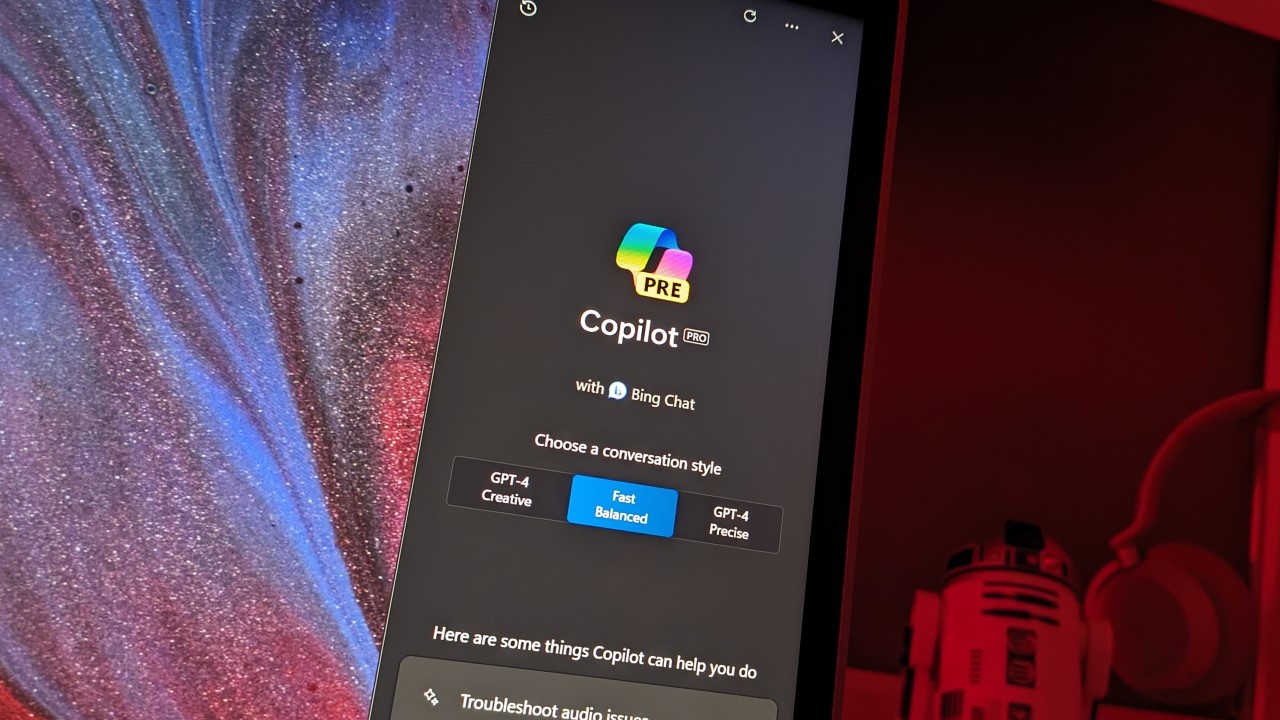What you need to know
- Microsoft is working on a major new AI feature for Windows 11, which it plans to unveil during an event on May 20.
- The feature, dubbed AI Explorer internally, will be able to document and organize everything you do on your PC, and turn everything you see into a searchable memory with natural language.
- It looks like AI Explorer will launch first on new Arm PCs, as its system requirements list Qualcomm’s new Snapdragon X Elite SoC as a baseline.
It’s an open secret that Microsoft is working on a significant AI update for Windows 11 this year, timed with new “AI PCs” that are set to begin being made available in June. In fact, Microsoft is holding a special event on May 20, where it intends to unveil its plans for AI in Windows 11, along with unveil new Arm-powered Surface hardware.
We already know that the big new AI feature coming this year is something called AI Explorer, which I first detailed back in March. AI Explorer turns everything you do on your computer into a searchable memory using natural language. It works across any app and enables the ability to search for previously opened conversations, documents, web pages, and images. It can also understand context and streamline tasks based on what’s currently on screen.
Now, we’re starting to learn more about the system requirements for AI Explorer. Spotted by @thebookisclosed on Twitter, the current system requirements for AI Explorer are set to an ARM64 CPU, 16GB RAM, 255GB storage, and a Qualcomm Snapdragon X Elite NPU. This suggests AI Explorer will be exclusive to new Arm PCs shipping this summer.
Turns out Windows 11 build 26100 (purported 24H2 RTM) contains the AI Explorer requirements 📃 baked into the OS💠 ARM64 CPU💠 16GiB of RAM💠 225GiB system drive (total, not free space)💠 Snapdragon X Elite NPU (HWID QCOM0D0A)I guess that’s one way to drive ARM64 adoption 😶🌫️ pic.twitter.com/ZbQf4KY1BNApril 18, 2024
These are the system requirements that are currently baked into the RTM build (26100.1) of Windows 11 version 24H2, but that doesn’t mean those system requirements can’t change down the line. It’s something that will likely come to other architectures down the line as Intel and AMD improve their neural processing unit (NPU) performance.
2024 is the year of Windows on Arm, and Microsoft is going all in to ensure people view Arm PCs as a true competitor in the Windows space. Qualcomm’s upcoming Snapdragon X Series chips are the real deal that are able to compete with Apple M3 silicon and are already beating Intel’s latest Core Ultra chips in performance and efficiency benchmarks.
Microsoft is so confident in Windows on Arm this year that it intends to only offer its upcoming consumer Surface PCs with Arm chips, omitting Intel for the first time in a Surface Pro and Surface Laptop product. The company is expected to unveil its new Arm Surface PCs and the big Windows 11 AI update on May 20, and we’ll be on the ground to cover the event as it happens.




